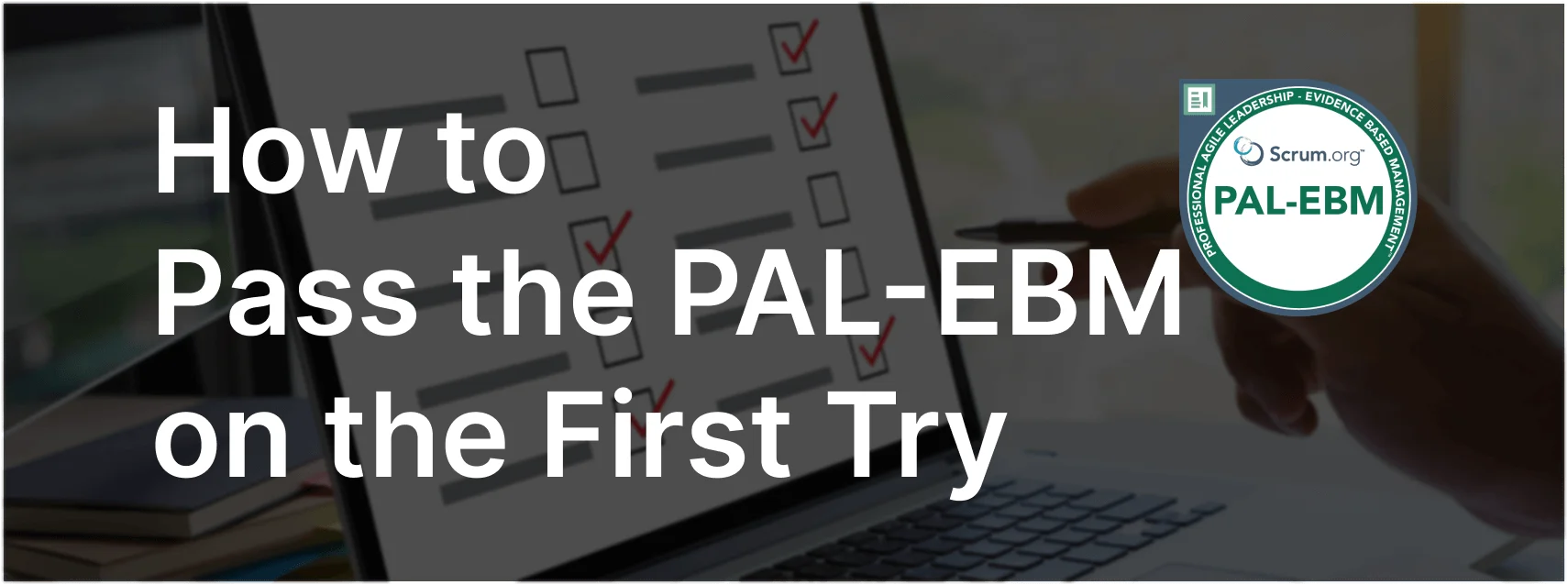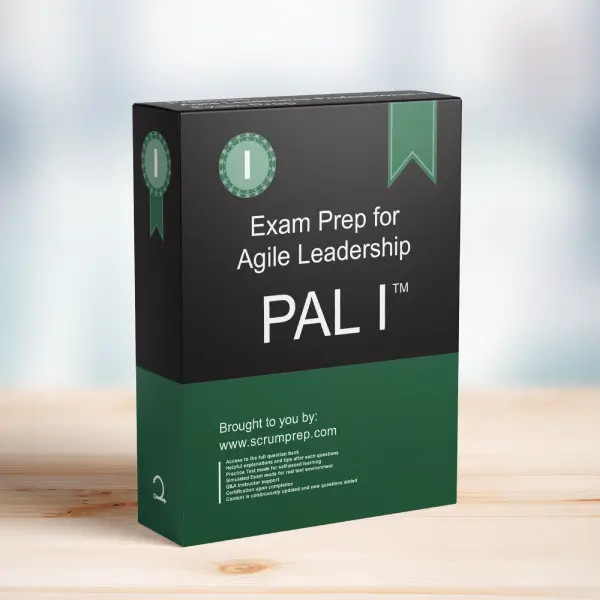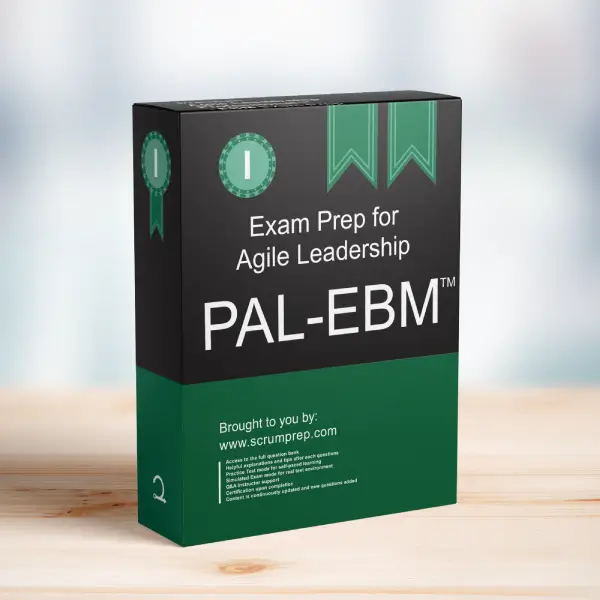The Primary Purpose of Running an Experiment
Running experiments is a core practice in Agile and empirical approaches. Understanding the primary purpose of these experiments is crucial for driving value and improving decision-making.
Exam Question
What is the primary purpose of running an experiment?
(choose the best answer)
A. To validate or reject a hypothesis.
B. To create a work plan for the product release.
C. To understand how customers are using the product.
D. To create reliable sizing estimates.
Correct Answer
A. To validate or reject a hypothesis.
Explanation
Correct Answer
A. To validate or reject a hypothesis:
The primary purpose of running an experiment in an Agile context is to validate or reject a hypothesis. Experiments are designed to test assumptions or hypotheses about customer needs, product functionality, or market behavior. By systematically testing these hypotheses, teams can make data-driven decisions, reduce uncertainty, and ensure that they are investing in the most valuable features and improvements.
Why the Other Options Are Less Relevant
B. To create a work plan for the product release:
While experiments can inform planning, their primary purpose is not to create a work plan. Planning is a separate activity that uses the insights gained from experiments.
C. To understand how customers are using the product:
Understanding customer usage is important, but it is often a secondary goal of experiments. The main focus is to validate specific hypotheses that can drive product improvements and innovations.
D. To create reliable sizing estimates:
Sizing estimates are typically derived from other Agile practices such as story point estimation and backlog refinement. Experiments are not primarily conducted to estimate sizes but to test hypotheses.
Benefits of Validating or Rejecting Hypotheses
- Data-Driven Decisions: Validating or rejecting hypotheses based on empirical evidence leads to more informed and reliable decision-making.
- Reduced Risk: By testing assumptions early, teams can identify and mitigate potential risks before significant resources are committed.
- Improved Customer Satisfaction: Experiments help ensure that the product development aligns with actual customer needs and preferences.
- Faster Iteration: Quickly validating or rejecting hypotheses allows for rapid iteration and continuous improvement.
EBM Framework Insights
Current Value (CV): Validating hypotheses helps ensure that the product delivers real value to customers.
Unrealized Value (UV): Identifying and testing new hypotheses can uncover opportunities for future value.
Ability to Innovate (A2I): Continuous experimentation fosters a culture of innovation and adaptation.
Time to Market (T2M): Rapid experimentation and feedback loops can reduce the time to market for valuable features.
Relevance to the PAL-EBM Exam
Understanding the primary purpose of running experiments is crucial for the PAL-EBM exam. This knowledge demonstrates the ability to apply empirical principles to drive continuous improvement and value delivery.
Key Takeaways
- The primary purpose of running an experiment is to validate or reject a hypothesis.
- Experiments support data-driven decision-making and reduce uncertainty.
- Validating hypotheses ensures that product development aligns with customer needs.
- Continuous experimentation fosters innovation and improves time to market.
Conclusion
Running experiments to validate or reject hypotheses is essential for making informed decisions and delivering value in an Agile context. By focusing on empirical evidence, organizations can drive continuous improvement and ensure that their products meet customer needs. For more information on preparing for the PAL-EBM exam, visit our Professional Agile Leadership PAL-EBM™ Exam Prep.




